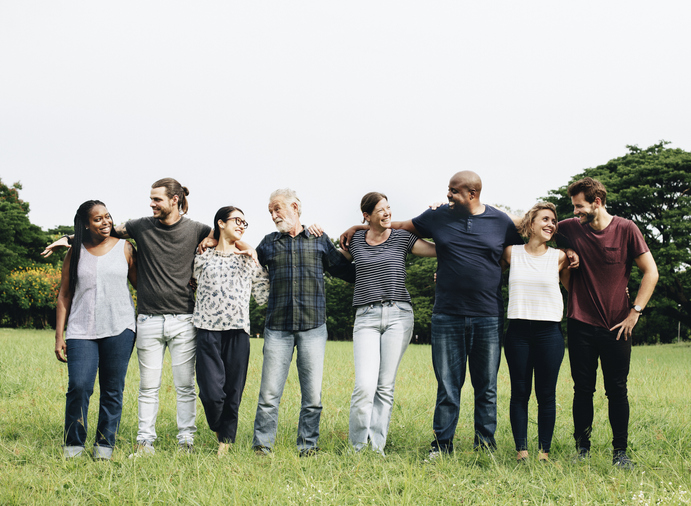In reflecting on Recovery Month’s research and discovery, I follow a lead and have adopted the theme of Every Person. Every Family. Every Community as a permanent tagline. The Recovery Movement is dedicated to organizing and mobilizing those in recovery from addiction to alcohol and other drugs. We urged our families, friends, and allies into recovery community organizations and networks. We promoted the right and the resources to recovery through advocacy, education, and by demonstration of the power and proof of long-term recovery. This month Faces and Voices of Recovery held their HUB event in Sacramento, California. It was a great celebration, and The Purpose of Recovery organization was present. Each year Faces and Voices moves the Recovery Month Hub to a different major city. The event was held on September 7th this year and all reports shouted success. The political season is well underway, and we should listen for the substance and commitment to do the people’s wishes. There are many events going on. Hold fast to recovery and encourage the telling of stories. Please read the following and see what appeals for action
| September 30th is International Recovery Day and is celebrated every year and is dedicated to promoting recovery efforts worldwide. Founded in 2019, this is an annual observance dedicated to globally promotion all pathways to and of recovery from addiction, and to educate the global public about the value of recovery. The day is celebrated during Recovery Month as an opportunity to tell the world that prevention works, that treatment is effective, and that people can—and do— recover from addiction. Recovery Leadership Summit (RLS) held in St Paul, Minnesota, in early October brings recovery advocates together in person or through Zoom. More about this at Faces and Voices of Recovery website. They learn networking and resource opportunities. Recovery Community Organizations (RCOs) and Peers have developed creative approaches to peer recovery support services (PRSS) delivered by hybridizing or offering PRSS in virtual or remote contexts. PRSS are being developed with a desire to be more inclusive and meet diverse needs related to gender, ethnicity, and rural equity, among other local community needs. Since our beginning, we have looked to support and strengthen our peer support services, and they are going and growing We have many more tools in our tool bag. There is medically assisted recovery (MAR). There are many paths to recovery: peer services, methadone take-home, community awareness and support, and harm reduction. William White’s paper Random Recovery Reflections is a must read. He writes on recovery advocacy and harm reduction as follows. “Our involvement in harm reduction is a way of saying to those still in the life, we will do all we can to protect your life. We will do all we can to prevent irreversible damage to yourself and others. We will reduce the obstacles and burdens that could slow your future recovery. We do these things in hope for the day you will join us in our journey of healing and service.” The LA Times printed an article about a string of student overdoses related to fentanyl. Within the body the article, I read the following.” The community needs to muster the necessary courage that will break they know the vow of silence, which is often induced through threat. There are people who know far more about who is responsible and they don’t speak about it because of fear itself. We are there now. FDR got attention when he said: The only thing we have to fear is fear itself. Remind those you know about fentanyl. Learn about Naloxone (Narcan) and Fentanyl strips and spread the word to those who have someone who needs the information. In 2001, we determined to change the language of recovery. Many changes have been made but there is more to be done. meant that the story shows our need to communicate more with simple language about us. We met in in St Paul with a foundation: With our silence, we let others define us. You may have sustained recovery with a story to be told. I remember hearing about a young man who told another that “he wouldn’t understand” You don’t know me, he Peer said, “you haven’t heard my story—then we’ll see.” Stand up, stand out, speak out, and be proud about it. Merlyn Karst, Recovery Ambassador |

